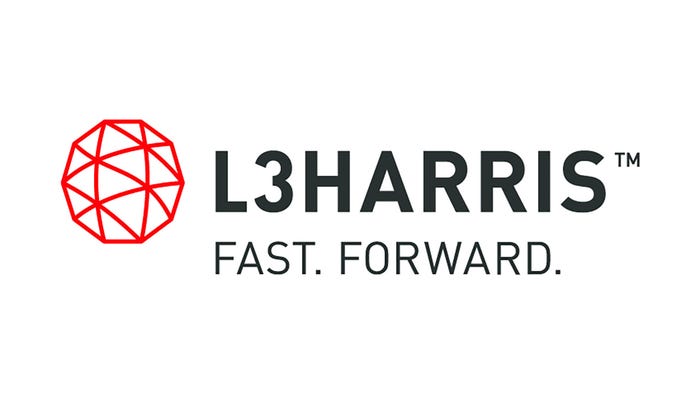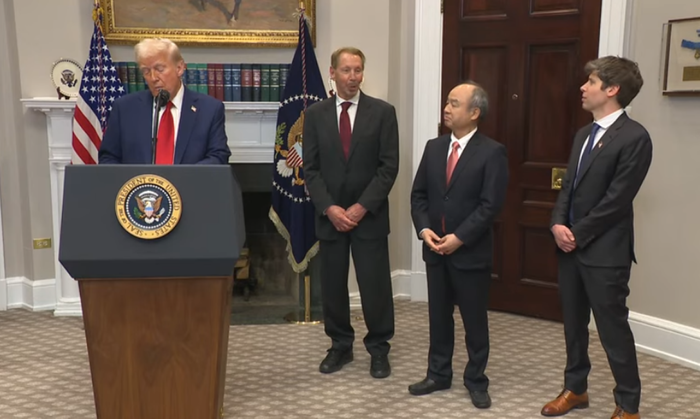Zetron buys GeoConex to integrate CAD expertiseZetron buys GeoConex to integrate CAD expertise

Zetron this week announced that it has purchased GeoConex—a computer-aided-dispatch (CAD) provider that has been a Zetron partner for more than a decade—in a move that is expected to let the two companies more tightly integrate their complementary 911 technologies.
Jim Shulkin, Zetron’s vice president of marketing and communications, said that Codan Limited—the Australia-based parent company of Zetron since 2021—technically made the purchase of GeoConex, a private company based in Knoxville, Tenn.
A Codan press release states that GeoConex deal consists of a $6.0 million upfront cash payment, with another $2.4 million being paid during the next three years. If certain growth targets are achieved in the next three years, the deal could increase by as much as an additional $14.3 million, according to Codan.
While the merger of Zetron and GeoConex is new, the companies have been working together as partners since 2009, Shulkin said.
“We have been working with them for a long time,” Shulkin said during an interview with IWCE’s Urgent Communications. “We had a bit of a gap in the CAD space—that’s not something that native Zetron had originally. GeoConex had a good CAD product, and in 2009, we started using their technology in our MAX portfolio, so we had that CAD piece inside of our line.”
In addition, GeoConex began reselling Zetron’s MAX call-taking and dispatch solutions, consistently being recognized as one of Zetron’s top resellers in each of the last five years, according to Shulkin.
Former GeoConex CEO Craig Dotson—now a Zetron senior vice president with the GeoConex division—said the deal announced this week makes sense, just as it has made sense to integrate Zetron and GeoConex solutions for 911 centers for more than decade.
“Over the years, we needed to be able to round out our offering to our customers while competing against other major players, so we needed to be able to sell 911 phone systems—and eventually, 911 radio systems,” Dotson said during an interview with IWCE’s Urgent Communications. “I pursued Zetron for years to be able to sell their products. That came to fruition and—lo and behold—we became one of the top sellers of Zetron public-safety products.
“That’s what makes this perfect: Zetron has its distinct set of products, GeoConex has our distinct set of products, and they all complement each other. There’s no overlap in our technologies.”
Both Shulkin and Dotson noted the close working relationship historically between Zetron and GeoConex, but they also noted the business reality of being separate entities—companies can work to integrate existing products, but there is a limit to how much can be shared while developing new functionality.
With the merger of GeoConex and Zetron, that barrier during the development cycle no longer exists, which should spur innovation and reduce the time to market for new features in Zetron’s 911 portfolio, Dotson said.
“As part of this acquisition—us becoming one team—that’s going to give us the ability to really get close to a lot more technology than we ever would have been [as separate companies],” Dotson said. “Some of the things we’re going to be able to do with this marriage is to create some really cool stuff together.”
Dotson declined to offer specific technological areas that the Zetron-GeoConex combination plans to address first, but he expressed confidence that dispatchers will benefit from the merger.
“We already have some ideas and have been working on some things to really make dispatchers’ lives a lot more simple,” Dotson said. “We are working on some things with Zetron to remove every click that we can, to remove every process that we can, and automate those through the combined technologies that both companies have.”
Scott French, president and executive general manager for Zetron, echoed this sentiment.
“We are very pleased to officially welcome GeoConex into the Zetron family,” French said in a prepared statement. “The longstanding collaborative partnership between the two companies makes this a natural fit. By expanding Zetron’s core solutions, services, and integration capabilities, the acquisition will rapidly increase the value and flexibility we can offer our collective mission-critical communications customers.”
In addition to the technological synergies between Zetron and GeoConex, the merger also made practical sense, based on the GeoConex’s maturation as a company, according to Dotson.
“GeoConex is a small business—we have 33 employees,” Dotson said. “At some point in time, you look at major expansion and really tackling the markets. That either requires major investment or a merger. When you get to my age, the merger way sounded a lot better than having to so some major loans and investments.”
Indeed, Shulkin said Zetron plans to make significant investments into its new GeoConex division—a stark contrast to many other merger stories in the business arena, where layoffs and other cost-cutting measures seem to be prioritized.
“One of the nice things about this … is that we’re actually investing in the GeoConex business,” Shulkin said. “There are a number of positions that we’ve already tagged as resources that the GeoConex business has needed to grow. Zetron is actually making an initial investment and growing the resources and the team at GeoConex, as opposed to looking for places to consolidate.”





_Zoonar_GmbH_Alamy[1].jpg?width=700&auto=webp&quality=80&disable=upscale)